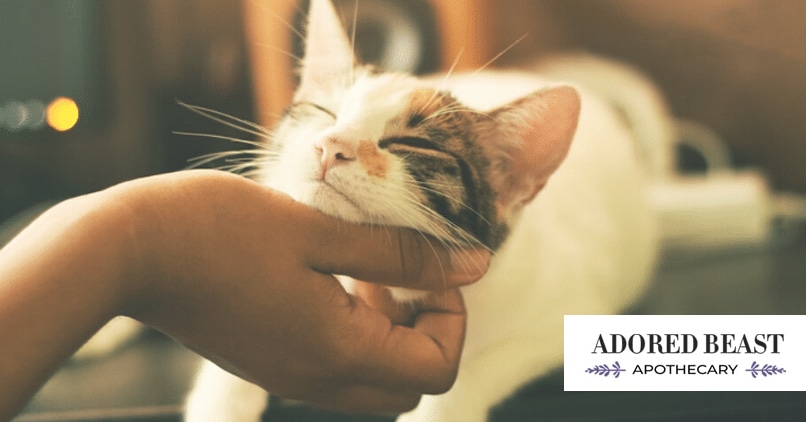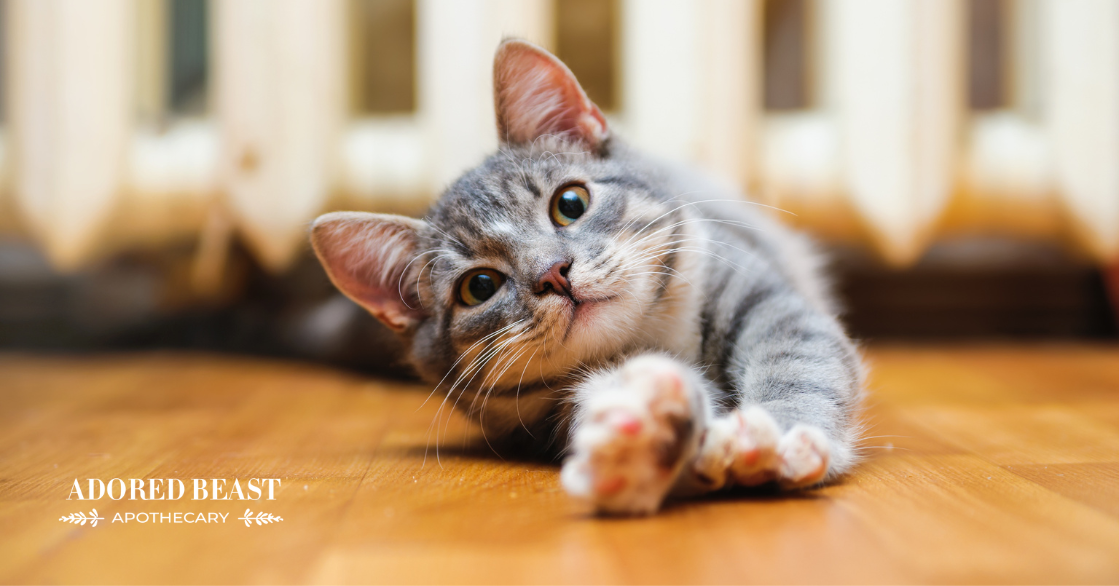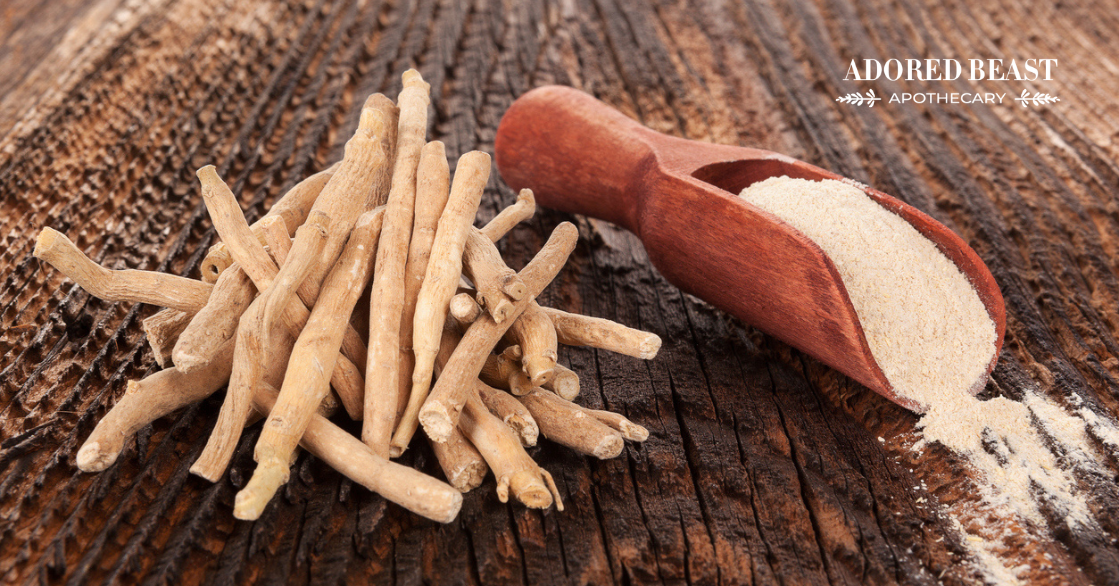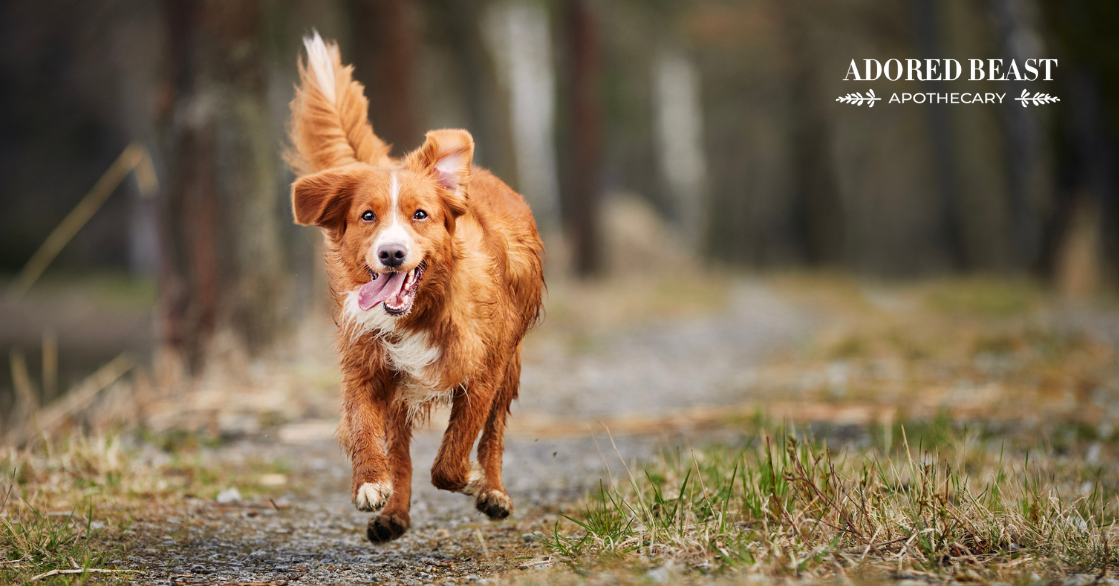Everywhere we go right now we’re being told to WASH OUR HANDS. And, if hand washing isn’t an option where you are in the moment, then hand sanitizer is just as good. And this is so important to help flatten the curve. Don’t stop using it!
That said, I just wanted to touch base about hand sanitizer safety and your animals, because we’re hearing so many different things right now and it’s important to be aware. I’m always in the place where I want to make sure that everyone is trying to do the best they possibly can for their animal, but there are so many extreme measures and sometimes it helps to get the details.
Right now there’s so much use of hand sanitizer and I worry that that’s going to be a problem for our pets.
Ethanol alcohol, which is in the majority of hand sanitizers, is toxic for animals. How it becomes even more toxic is the amount of the load. So, how often they get it, how much they get at one time. Even in small, slow amounts the toxicity builds up, so because everyone is using it so often, we have to be more diligent, way more careful.
Safety Tips for Hand Sanitizer and Pets
The idea with hand sanitizer is that you’re putting it on, rubbing it in, then leaving it on for a few minutes and it’s killing the germs. And right now that’s very important.
The best thing I can suggest with regard to hand sanitizer and pets is to please make sure that, when you’re using it, it’s completely dry on your hands. You don’t want to feel any wetness at all before you pet your furry kids.
You can even go a step further, if you’re able to, and take the extra precaution of wiping your hands once they’re dry, or even washing them with soap and water.
If you’re at home anyways, then maybe you can just wash your hands with soap and water before touching your pets, especially cats because they’re really, really sensitive to alcohol.
I don’t want to scare anybody because I don’t want anybody to stop using it or stop petting their animals, I just want you to be super aware right now. It’s an extreme time and people are using extreme amounts.
If you’re using it to clean, another tip is to watch that your animals don’t walk through it because then they’ll get a large amount on their paws that they’ll lick off.
Also, please remember that the gel sanitizer takes longer to evaporate than the liquid, so make sure you can’t feel any stickiness on your hands, that they’re completely dry before you touch your animals.
Finally, keep it in a safe spot so your pet can’t chew the bottle.
If you don’t have to use it and you’re not using it every 5 seconds in your house, like I said, use it, let your hands dry, then wash your hands with soap and water before touching your animals 🙂 The same goes if you’re using it a lot. Wash your hands and then go love up your pets.
So, just be hyper, hyper aware and extra, extra careful when you’re using hand sanitizer around your animals.
I think bad things happen when people are panicking, and not staying grounded. We all want to stay safe, and that includes our animals. So, when it comes to hand sanitizer and pets, just recognize the amount that you’re using, and make sure you’re using safe practices around your pets.
Ok, stay safe everybody. Thinking of you, Julie.












